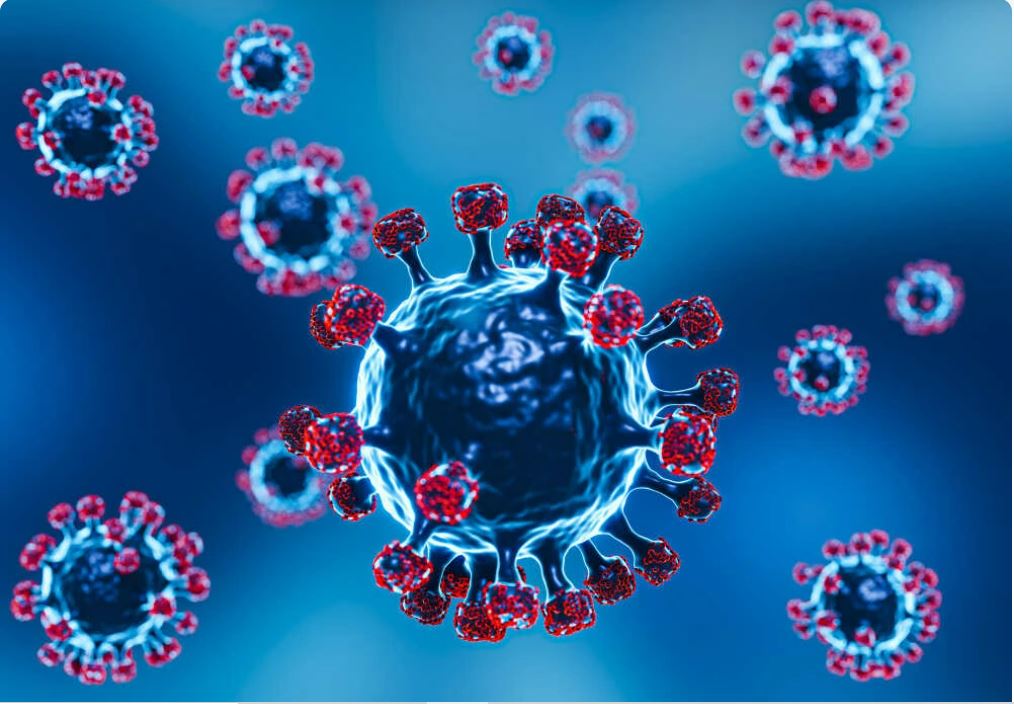COVID JN.1 subvariant cases surge worldwide, India records 358 cases
Cases of a new Omicron sub-variant called JN.1 are rising worldwide; Singapore, India, the UK, and Germany among many nations report rising cases. The World Health Organisation urges nations to take strict measures.
Coronavirus COVID JN.1Cases in India
Preparation by Govt of India for COVID JN.1
The Indian government has become completely active in this matter and considering the seriousness of the matter, Union Health Minister Mansukh Mandvi has held a meeting with the health ministers of the states in which they have been asked to take full stock of the preparations.
Earlier also, the health departments had been asked to be fully alert and the hospital management had been asked to conduct drills and there were instructions to be fully prepared keeping in mind all the health facilities.
The increasing cases of Corona in the country have again raised concerns. On December 20, 300 active cases of Corona were registered in Kerala alone. After which the total number of active cases of Corona across the country crossed 2500. At the same time, WHO also advised to pay attention to the new variants of Corona.
state governments are also very actively after Covid new variant Alert .Karnataka govt (BBMP) has decided to ramp up Covid-19 tests in the city following the death of two people to the disease in Bengaluru.
The first reported case of JN.1 in India was detected in Kerala. Even 3 death has been reported from this highly mutant strain. Wearing masks has been made mandatory in Karnataka.
Due to consistent and collaborative actions between the Centre and state governments, we have been able to sustain the COVID trajectory at sustainable low rates. However, as the COVID virus continues to circulate and its epidemiology behaviour gets settled with Indian weather conditions and the circulation of other usual pathogens, it is important to keep the momentum going to effectively deal with the challenges in public health,” said Sudhansh Pant, Union Health Secretary, in a letter to the states and UTs.
WHO Guidelines On COVID JN.1
What is COVID variant JN.1?
JN.1 is currently the fastest-growing COVID-19 variant in the U.S and All over the world. The mutation descends from the omicron family substrain BA.2.86, or Pirola, which landed in the U.S. this summer. and since then it has spread to other countries, including China, Singapore, and now India.
JN.1 was first detected in September and has been recorded in 12 countries so far, according to the media reports. It now accounts for more than one-fifth of all cases as of Dec. 9 when the WHO released the latest data. The variant is now responsible for between 15% and 29% of COVID cases, up significantly from the previously reported 8%.
Previously reported in its first detection , there is no evidence that JN.1 causes more serious illness or has significantly different symptoms than other circulating variants. Some may easily mistake symptoms of a mild case with other common wintertime illnesses, such as the flu, cold or respiratory infection.
According to the U.S. Centres for Disease Control and Prevention (CDC), JN1 is the fastest-spreading COVID sub-variant. , symptoms of a JN.1 COVID-19 infection may include
Symptoms of COVID JN.1
- Cough.
- Sore throat.
- Headache.
- Muscle aches.
- Fever.
- Change in or loss of taste or smell.
- Congestion and runny nose.
- Fatigue.
- “Brain fog” (feeling less wakeful and aware).
- Shortness of breath.
- Gastrointestinal symptoms (upset stomach, mild diarrhea).

